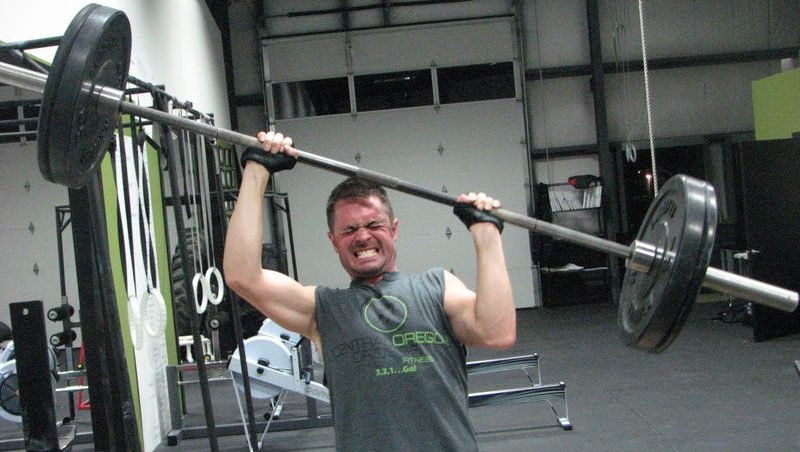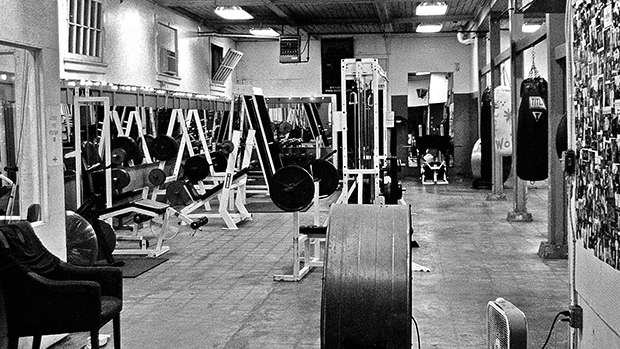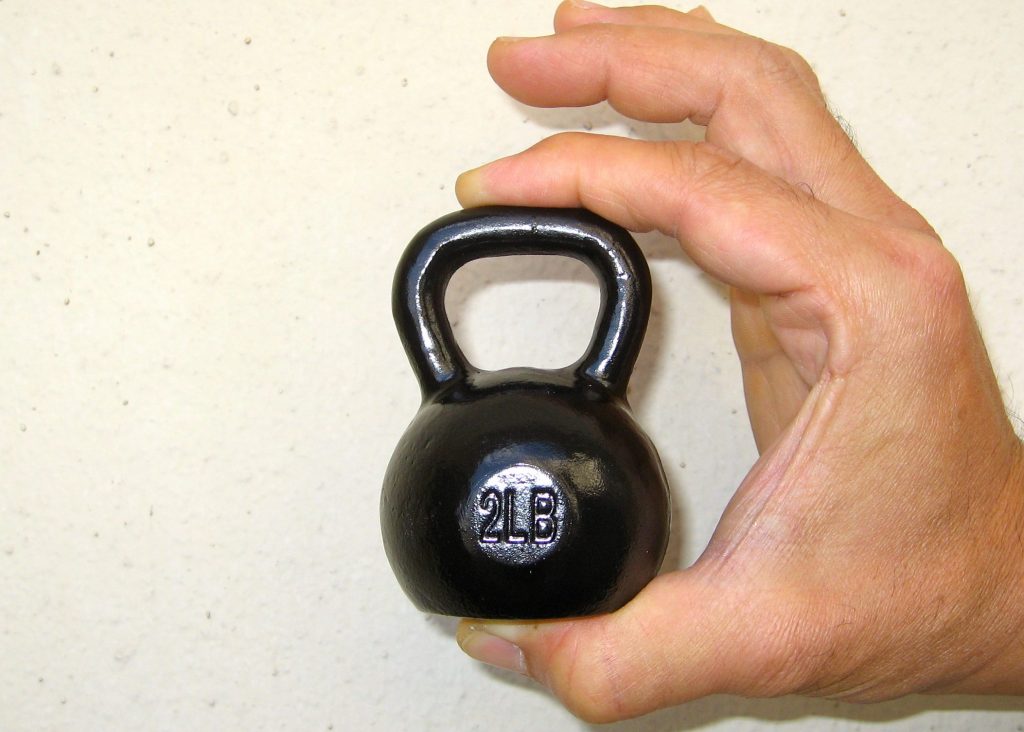Perhaps you’ve already read my two other articles How to Keep in Shape while Traveling and How to Take a Break From Training. Now, the following one is perfect if you are planning on coming back to the gym, and if you are not sure of where to begin, and what to expect. Of course, I’ll also tackle the injury and long detraining periods matters.
Let’s say that this is summertime and you have taken the opportunity to enjoy some rest away in vacation, you have traveled to a new place, relaxed and had fun discovering new places. Or it’s the holidays, and you are back to your family to enjoy some quality time together. Could also be that the weather is so bad that all the gyms are closed. Or worse, you may have got injured, which has forced you into taking some time off training. Or else your studies/work projects were so important that you had to prioritize them.
Either way, you end up with the same result: you couldn’t train and have now to get back in a more scheduled agenda regarding your training. First, let’s agree that all lay off aren’t the same:
- No gym for 1-2 weeks + good nutrition + good sleep
- No gym for a month + bad nutrition + sleep-deprived
- Some activity + bad nutrition + decent sleep
- 1-2 workout/week + good nutrition + decent sleep
- Injury/Sickness
- Family Crisis
You get the idea. Each of these lay-offs is going to affect your body differently so there is no real universal answer to all of them. However, there are some common points that can help you get back on track easier and faster.

How To Get Back In Shape In The First Place
- Understand before the lay off that you will lose some strength and/or size and/or definition and it is normal, just accept it. Your body isn’t (I hope) your only concern in life.
- Drop the ego and make sure to use manageable weights or easier variations if you are into calisthenic workout
- Make sure to warm up and stretch properly, you may be tighter and less comfortable than before
- Get back into a proper schedule of sleep and diet, let time do its magic
- Do less volume and/or less intense workout and no intensification techniques whatsoever
- Let your body get accustomed to training again and have the work capacity built up again
- Although it is normal to feel sluggish and heavy and that you should push a bit past that discomfort, don’t trash yourself when you are getting back in track. You could injure yourself or lose total passion and drive for training.

How Long Will It Take?
It depends on the layoff itself, but we know for example that one doesn’t lose much strength without training for six weeks as shown in this study. It is most likely just the nerves deconditioning themselves and being a bit less “turned on”, exactly like short 1-2 weeks break where you come back with the same physique but aren’t as strong. It’s simply because you lose some “neural efficiency” (around 5-10% of your strength) and it will be back in no time. Neural adaptations always evolve faster than the actual physique, both in term of getting stronger without physical change, and also becoming more sluggish without any physical drawback.
Speaking of the physique, you may be under the impression that you lost some muscle after one or two weeks of rest but, except if forced to stay in bed or immobilizing the member, that is just not the case. Muscles and tendons respond to the physical training stress by inflammation, making them swollen, tighter, larger. If you look deflated when coming back, you didn’t actually lose muscle, you just let your body recover and heal up all those inflammations around muscles, tendons, ligaments, joints, etc.
If you are injured, it is very individual. It depends if you can still train the other limb uninjured, or parts of the body that are still healthy. The best bet is to listen to your body, overreaching and accumulating loads of stress in and out of the weight room always catch up to you if you didn’t let yourself recover properly. Always. So just take advantage of that time to do other things, grow some of your weak body parts for example, switch focus on other exercises, learn new skills, or just read/go out more.
The legend of martial arts himself, Bruce Lee, injured himself with a good morning done with his own body weight on the bar without warm-up and forced to stay in bed for six months. It is actually during that time that he took advantage of all the hours he was supposed to physically train to instead focus even more on learning and expanding his knowledge of combat sports, fight styles, history of martial arts, etc, which, in the end, helped him plant even deeper the roots for his life masterpiece: the Jeet Kune Do.
If it is an unplanned duty call or event that forces you out of training for a short or not short or long time off, well, don’t worry. It’s life, you do what you have to do, deal with it. If you have been training religiously for years, you won’t lose all your hard-earned muscle and strength gains in a blink of an eye. Multiple stories of athletes that trained for 10-25 years, and who had to be away from any form of training, came back to it after months or years without anything done and we’re already back at 90% of their peak in a matter of 2-4 months. You must understand that a solid foundation of strength and size built by years or decades of effort isn’t going to just disappear (except if your diet becomes catastrophic).
However, gains made on anabolics substances or during a newbie period that is immediately interrupted by a long lay off, well, that’s another story that is most likely going to result in the loss of a lot of hard-earned gains since the body didn’t accustom itself to his new self.

What Can You Do About It?
Here are a few suggestions:
- Take any opportunity to train: even if it’s just 20mn, even if it’s just for a trash workout with no material or in a small town’s gym, it will always be better than nothing. Sure, it won’t help you gain anything, but it will most likely help preserve some of your muscles.
- Stay active: hiking, biking, swimming, running, climbing, carrying things, jumping, even walking will help your body stay conditioned to moving around. And that’s still the most vital thing you are supposed to do. Especially if on vacation, take that advantage to visit and explore around beaches, mountains, countrysides, etc.
- Keep fat gain at bay: if you can’t train or not as hard as usual, fat gains can actually occur and we don’t want that, since it will be a supplementary step to achieve when things get back to normal. Be sure to enjoy yourself but in moderation. Not too much alcohol, no cheat meal at every meal hour, and if you are injured, don’t get depressed and open the ice cream jar while staying on the couch. Take advantage of this period to cook even healthier, eating a bit less while maintaining protein intake quite high, or even trying a bit of fasting to boost multiples aspects of your health.
- Stay intellectually involved in health/fitness/bodybuilding: even if you can’t train or are away, a good thing to stay motivated and psychologically “turned on” is to keep reading or watching videos about it. This way you keep learning, discovering or rediscovering things, aspects and pieces of information that will help you in your current situation or for later. It is also a good time to take a step back about your own self, and have an honest overview of your training, diet, body and where your goals are taking you, and then better reassess how to reach them.
“Every adversity, every failure, every heartache carries with it the seed of an equal or greater benefit.” – Napoleon Hill
If you are down for something that can definitely help you better manage all those topics, check my consulting services.
Your lightkeeper,
-Hersovyac.

